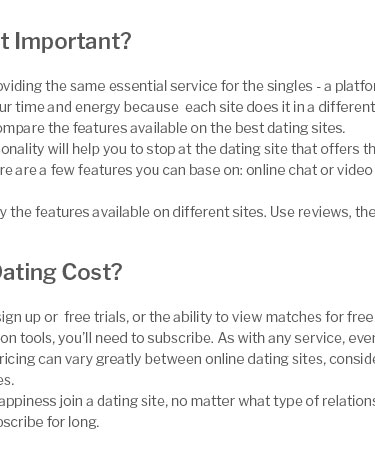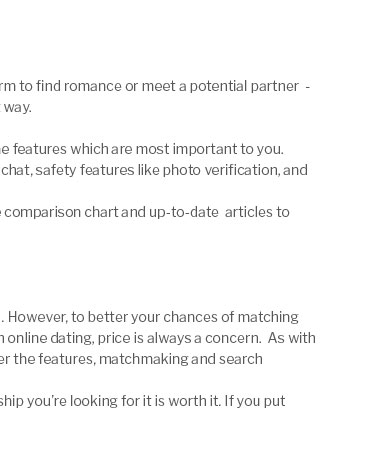 |
 |
|---|
|
|
|
|---|---|
 |
 |
 |
 |
|---|---|
 |
|
 |
|
 |
|
 |
|
 |
|
 |
|
 |
|
 |
|
 |
|
 |
|
 |
|
 |
|
 |
 |
 |
|---|
affair hotline support and guidanceUnderstanding the purposeAn affair hotline is a confidential space to explore complex feelings, weigh choices, and plan next steps around infidelity without pressure or judgment. Trained listeners focus on clarity, safety, and practical support.
Confidentiality and compassion lead the conversation. What to expectPrivacy and boundariesHotline advocates typically explain confidentiality, gather only what you choose to share, and respect your decisions. They may offer referrals to counseling, safety resources, or communication tools. Common topics
Scope and limitsAn affair hotline does not investigate, spy, or give legal opinions. It complements but does not replace therapy. If risk or harm is present, you may receive guidance toward appropriate supports. Planning your next stepsUse the call or chat to create a small, realistic plan that you can follow without self-blame.
Small steps reduce overwhelm. Safety and discretion
Digital boundaries protect both privacy and dignity. If online temptations are part of your struggle, clarity about values can matter more than filters. Exploring how triggers work-and setting personal rules-can help you stay aligned with your goals. Resources and optionsMany callers find it helpful to combine hotline support with individual or couples counseling, peer groups, and practical tools like boundary scripts and decision worksheets. Some people evaluate dating platforms while deciding how to move forward; independent reviews of top adult dating sites can inform safer choices if you choose to date, though an advocate can help you consider risks and alternatives first. For supporters and partners
Curiosity, not interrogation, keeps communication open. If someone you care about feels pulled toward hookups, nudge them toward values-based choices and vetted information-reading about free adult dating sights with a critical eye can lead to wiser boundaries. Support without pressure builds trust. Frequently Asked Questions
https://www.benefits.va.gov/gibill/contact_us.asp
Call Us From Overseas. Students and School Certifying Officials calling from outside the United States can contact us by phone at 001-918-781-5678 during ... https://www.affairrecovery.com/about-us/contact
Contact Us. Whether you've just discovered the affair or you've lived with the pain of infidelity for a long time, ... https://www.va.gov/landing2_contact.htm
Apply for and manage the VA benefits and services you've earned as a Veteran, Servicemember, or family memberlike health care, disability, education, and ...
|
|---|